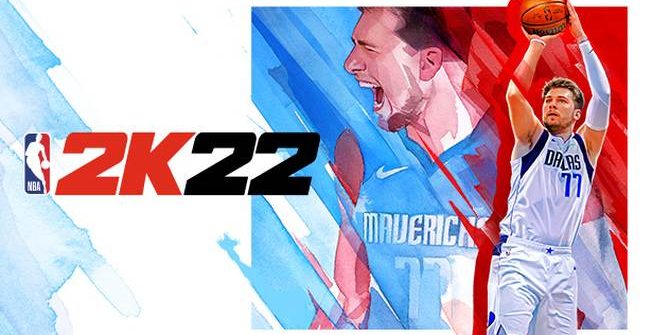Microtransactions and loot boxes caused the litigation behind the annual basketball game.
The reason for the lawsuit (which has a website here) is the presence of loot boxes and virtual currency (VC) in NBA 2K games. The suit doesn’t name the latest in the series (NBA 2K22), but it is highlighted that games in the series will be available at full price, and then on top of that, products will encourage players to spend additional money on in-game content. “The fixed price model, where customers purchase NBA 2K to access its content, is deceptive where customers believe they will have a comprehensive playing experience after their transaction, only to find out the game is littered with microtransactions which are necessary for players, including minors, to advance and compete within the game,” the suit says.
It’s not just the presence that’s a problem, but the way Take-Two offers them. Buying content with VC does not make it mandatory to use real money, but it’s a “difficult, time consuming, and an inconsistent process.” It is a way for Take-Two to entice players to buy VC, and because they discount larger packs, they can buy even more than they need. The nature of VC has also been called problematic: it psychologically distances the player from the real money they are pouring into the game “by disconnecting the expenditure of real money from the products the players end up purchasing with their VC.”
“This is especially the case for minors who may not have a firm understanding of the correlation between the amount of real-world money and VC spent. These transactions are particularly costly as the player has already spent up to $99.99 to purchase the [base] game and then is compelled to complete microtransactions, further increasing their total costs to an exorbitant price to pay to play a single video game,” the suit adds. The ease and convenience of the VC purchase process and the lack of correlation between the pricing of DLCs and VC packs (always buying more than you need) are further reasons behind the suit, and the absence and obfuscation of the VC refund policy should also be mentioned.
The loot boxes contain random items, and the odds (odds of getting them) are not public, so players are tricked: they are “luring players into making more and more purchases on the off-chance that the next loot box will contain the item or player card they are seeking.” The plaintiff in the case is a minor represented by their guardian. He is asking for the case to be classified as a class action. The suit seeks actual and compensatory damages, determined at the trial. It is alleged that the plaintiff “plausibly seeks relief over $5 million” plus costs… wow.
Source: PCGamer



![[TGA 2025] Star Wars: Galactic Racer Focuses on High-Stakes Podrace Runs [VIDEO]](https://thegeek.games/wp-content/uploads/2025/12/theGeek-Star-Wars-Galactic-Racer-302x180.jpg)








![[TGA 2025] Star Wars: Galactic Racer Focuses on High-Stakes Podrace Runs [VIDEO]](https://thegeek.games/wp-content/uploads/2025/12/theGeek-Star-Wars-Galactic-Racer-300x365.jpg)



Leave a Reply